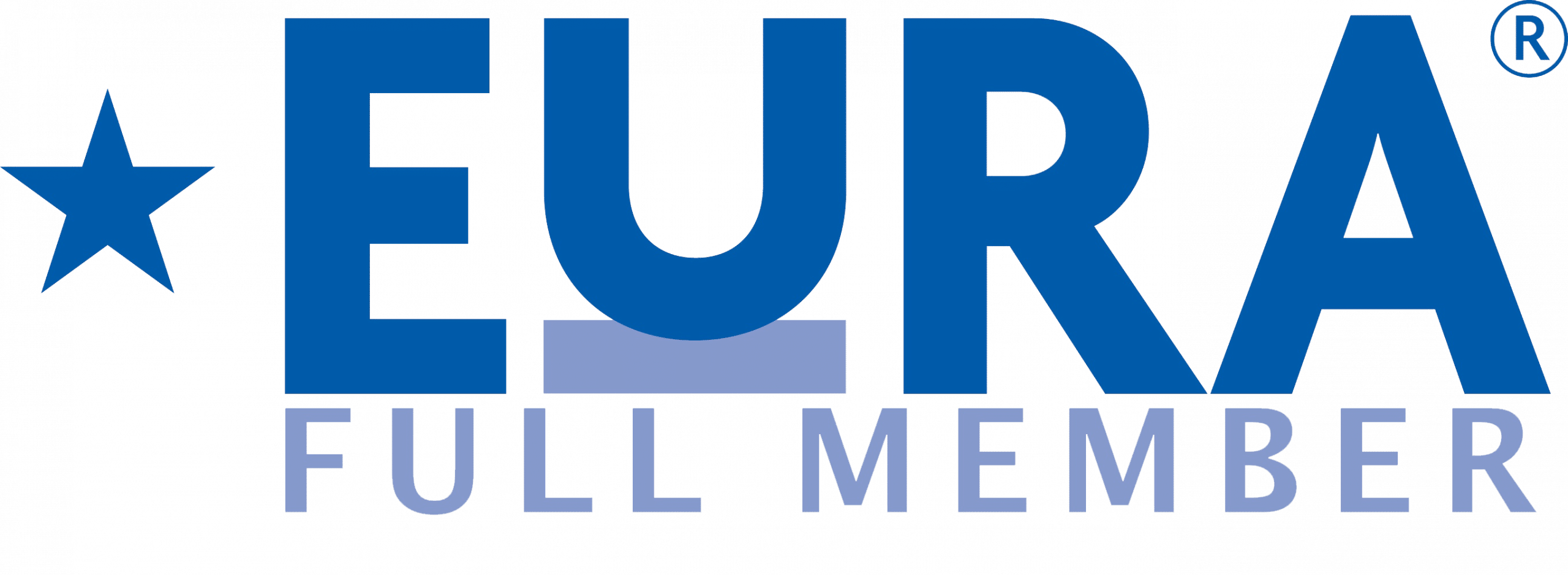
Navigating Schooling in a New Country: June Destination Discussion
Welcome to Destination Discussions, a new regular series from Altair Global in which we dive deep into topics which impact employees who are relocating and the companies they work for. Altair Global, in addition to being a relocation management company, provides destination services directly in five European countries. Here, those five business leaders shine a light on the nuances of their markets.
Employees who are relocating this summer with children face a daunting task: Finding schooling in their new home country. We posed this scenario to our Destination Services directors: I’ve just been offered a new role with my employer which involves relocating to your country, and I need to sort out schooling for my child. My child may or may not speak the local language. What advice would you give? What options are available?
Here’s what they had to say.
Belgium | Anita Meyer
The key message for Belgium is to act fast. At the end of June, schools in Belgium will close until they start up again on September 1st.
There are two types of schools available: international and local. Each have their pros and cons.
International schools tend to be a bit more flexible and sometimes have a representative in the office in August for registration purposes, but come with a hefty price tag – upwards of €30,000 for primary school and €40,000 for secondary school per year per child, excluding things like the school bus, books, and meals.
By contrast, local schools are tuition-free, but require proficiency in both Dutch and French since if you go to a Dutch school, the level of French as a second language is quite high and vice versa. There is also an issue of demand and supply – there are many pupils and not enough local schools, and local schools give priority to families who already have a child enrolled and are looking to enroll additional children.
If you can’t act before the end of June, don’t fret. Parents often register in multiple schools, creating last-minute openings when they finalize decisions. This may result in a few missed school days for the child at the start of September, but nothing they can’t make up or will hurt them.
The Netherlands | Esmee Mos
Similarly to Belgium, time is of the essence in the Netherlands as schools are also fast approaching their summer break.
Local schools use Dutch as the primary language of instruction, and proficiency is required. A one-year Dutch language program exists but is already full for this year. Children under the age of five or six have a better chance of securing a place in local schools this year; however, availability is limited.
There are two types of international schools in the Netherlands: private and subsidized. Private international schools offer English as the language of instruction, but they come with higher fees – ranging from €20,000 to €25,000 per year per child, not including costs like bus service.
The government set up subsidized international schools to attract expat families to the Netherlands. These schools conduct education in English and offer a more affordable option with fees at one-third the cost of private schools, and it is because of this that places in subsidized schools fill up quickly.
Due to this high demand on the schooling system and the possible language requirements, it is crucial to begin the school search as soon as you receive authorization for your relocation.
France | Charlotte Reversé
If you’re planning a relocation to France with your family, it’s essential to understand the school registration process to secure a spot for your child.
Public schools in France are free, however, to register with these schools you need to visit the local town hall based on your new permanent address. Families who have just relocated must focus first on finding their new home, and then register for their public school. Town halls are open for public school registration through the summer; however, you will not be able to visit the schools because they will be closed for the summer period beginning July 7th.
French is the primary language of instruction at public schools. Foreign children will need a basic understanding of French, but the government helps by offering limited special classes to assist newcomers.
International schools, such as American, British, and German schools, provide alternative options that follow the specific curriculum of each country, but come with higher fees – averaging €40,000 per child per year excluding things like materials, transportation, meals, and school trips.
These schools may also have academic selection criteria. Families should prepare their child’s records from their home country to ensure eligibility. Our Destination Services team in France can provide comprehensive guidance and support throughout the process, including arranging visits to desired international schools.
Ireland | Teresa Tyrrell
Ireland has experienced significant population growth of around 10% in the past decade, coupled with an influx of approximately 15,000 children from Ukraine in the last year and a half. This demographic shift has impacted the schooling system, but while capacity challenges exist, the education system is coping admirably.
Most families choose the public school system, which has a strong reputation for providing quality education. However, private schools often offer greater flexibility and year-round applications, appealing to some families.
Primary schools close for the summer holiday at the end of June, while secondary schools have already concluded their academic year. Local schools prioritize children already residing in their catchment area and also siblings of current students, so it’s advisable to submit applications promptly after securing housing (you can learn more about housing in Ireland here in our case study).
Ireland differentiates itself by providing some flexibility in school admissions. Once local students and residents are accommodated, schools consider applications from individuals moving to Ireland or residing in other areas. However, it’s important to note that responses may be limited during the summer holiday, with private schools typically offering quicker feedback during July and August.
Families should be aware of school starting ages in Ireland, typically ranging from 4½ to 5½ years. Each school has its own admission policies, including specific birth month cut-offs. This aspect can cause frustration for transfer students born later in the year, as they may need to wait until the following year to enroll.
With insight into schools with available capacity and by understanding the application timelines and admission policies, Altair Global’s Destination Services team in Ireland helps families successfully navigate the education system and secure a suitable educational path for their children.
United Kingdom | Beverley Harrison
Although the UK is an English-language country, relocating to the UK can present challenges when it comes to schooling for expat families where perhaps the employee speaks great business English, but English is the second language for the spouse and children or not spoken at all.
As in other European countries, there are two types of schools in the UK: ones you pay for and ones you don’t.
Paid schools, including British and international schools, can be expensive, with fees ranging from £20,000 to £50,000 for boarding schools and other prestigious institutions. These schools often have selective entrance exams, posing potential difficulties for children not familiar with the curriculum or whose language skills are still developing.
State-funded schools are a popular choice amongst expats, but require specific criteria for enrollment, such as having a valid visa, being present in the country, and having an active lease agreement. Applications are made through the local council, which selects schools based on designated areas and if a sibling is already enrolled.
If a school is full, it’s full, and although the councils must allocate schooling because that’s a legal obligation, they don’t have to allocate the school of choice and they don’t have to allocate it within a certain mile radius of your home.
Altair Global aims to alleviate concerns by staying in touch with the councils and providing families with insights into areas where spaces are available. We are committed to finding suitable schooling solutions for all children, including exploring homeschooling options for those who prefer it.
We recommend thinking of the age of the child when planning to repatriate. This may help in deciding the appropriate schooling now. Will the child be at an educationally critical age when moving from the UK and what schooling options could be available within this country?
In Summary
Navigating the school system in an unfamiliar country has its challenges, but Altair Global’s Destination Services team is fluent in the intricacies of these education systems and can provide valuable support to families. If you have any questions about transitioning to a foreign school system or seek assistance, reach out to our team.
Discover Altair Global’s Destination Services in Europe and Asia

In our office locations throughout Europe and Asia, we provide direct delivery of on-the-ground destination services. From immigration services like work and residence permits to destination services like home-finding in Ireland as the case study above sheds light on, our team members can work directly with your employees to assist with everything they need in their host destination—always with a focus on providing an exceptional experience.






